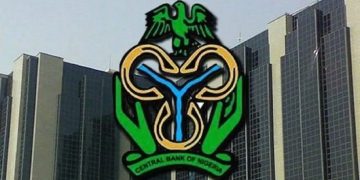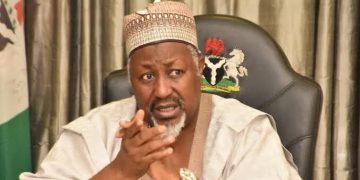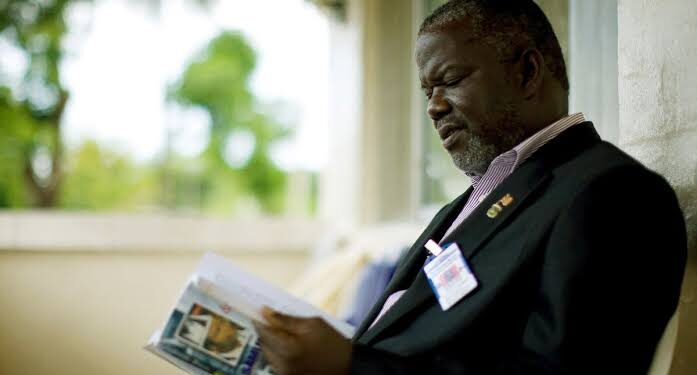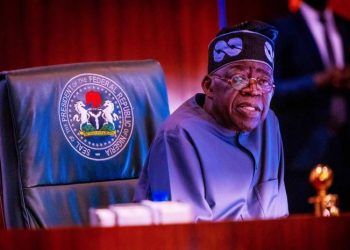With the reported death of Prince Yormie Johnson, one of Liberia’s most divisive leaders, a turbulent period in the country’s history has come to an end. Johnson, most known for his involvement in the civil war in Liberia and his notorious arrest of President Samuel Doe, entered politics and was elected to the Senate from Nimba County.
For leading the Independent National Patriotic Front of Liberia (INPFL) and announcing events that stunned the world in the early 1990s, Johnson’s name is inscribed in history. He made an effort to change his reputation as a warlord in later years, though, by becoming a Christian and active in Liberia’s political scene.
Johnson has always left a divisive legacy despite his reinvention. Others chastised him for his alleged corruption and his wartime acts, while others applauded his attempts to bring representation to Nimba County. After decades of violence, his passing causes many to consider Liberia’s journey toward healing and peace.
Although the circumstances of his death are yet unknown, this revelation has caused a lot of people in Liberia and beyond to react. Regardless of whether Prince Johnson is hailed as a hero by some or condemned for his violent past, his story serves as a reminder of Liberia’s difficult path through conflict, peace, and reconstruction.























































